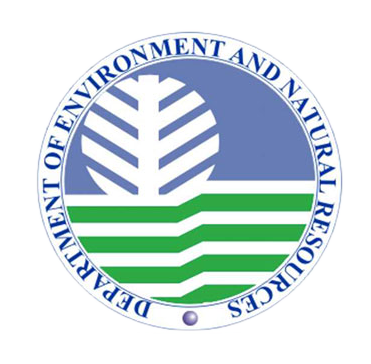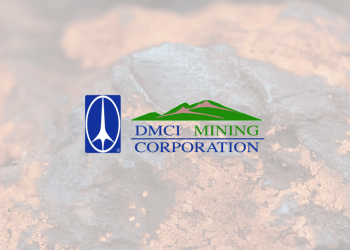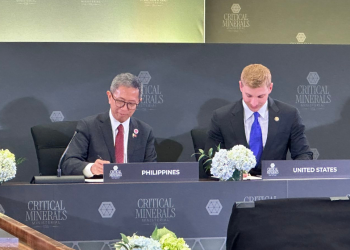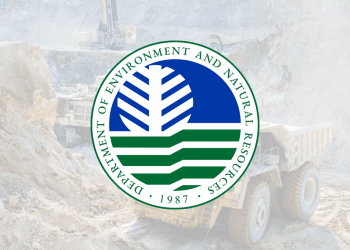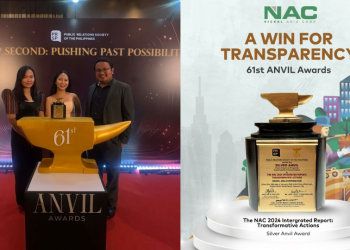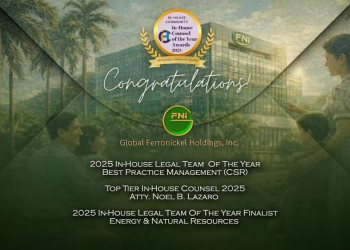Applications for Special-Use Agreement in Protected Areas (Sapa) are now entertained by the Department of Environment and Natural Resources after DENR Secretary Roy Cimatu announced the lifting of the temporary prohibition that stopped the awarding of tenurial instruments in protected areas.
Former Environment Secretary Ramon Paje suspended the scheme in 2011 due to failure to generate revenue and improve protected area management, DENR officials said.
Cimatu signed an order last month that will ensure the proper determination, assessment, and collection of fees for Sapa starting this year.
The development fees will be imposed based on the fixed percentage of the zonal value of the land and improvement on the area, as said under the new guidelines.
The fees will equate to 5 percent zonal value of the commercial zone in the nearest municipality where the project is located. It is then multiplied by the area to be developed added 1 percent of the value of improvement as a premium to the protected area.
DENR Secretary Cimatu’s decision earned protests and concerns from environmental groups. The groups mentioned the potential adverse impact within protected areas.
The Pambansang Lakas ng Kilusang Mamamalakaya ng Pilipinas (Pamalakaya) said the areas will be open to investments that may result in destructive development projects inside the protected areas or areas set aside for conservation.
Greenpeace Southeast Asia-Philippines also issued a statement against the opening of protected areas.
Former Secretary Angelo T. Reyes signed DAO 2007-17 on July 26, 2007, providing the guidelines for special uses within protected areas.
Through Sapa, the DENR will be able to generate much needed revenues by imposing a user’s fee.
Sapa’s objectives are to provide access and economic opportunities to indigenous peoples, help reduce poverty incidence and earn sustainability of protected areas management.
Crisanta Marlene Rodriguez, acting director of DENR Region V, said that the strict guidelines protection zones are still “off-limits” and the guidelines are still the same.
“We still have all the safety nets in place. The PAMB will still screen the projects in protected areas,” she said.
Source 1



